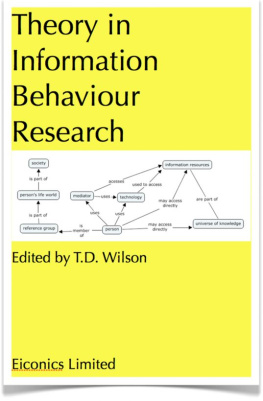Ronald S. Burt - Social capital : theory and research
Here you can read online Ronald S. Burt - Social capital : theory and research full text of the book (entire story) in english for free. Download pdf and epub, get meaning, cover and reviews about this ebook. year: 2017, publisher: Routledge Taylor & Francis Group, genre: Politics. Description of the work, (preface) as well as reviews are available. Best literature library LitArk.com created for fans of good reading and offers a wide selection of genres:
Romance novel
Science fiction
Adventure
Detective
Science
History
Home and family
Prose
Art
Politics
Computer
Non-fiction
Religion
Business
Children
Humor
Choose a favorite category and find really read worthwhile books. Enjoy immersion in the world of imagination, feel the emotions of the characters or learn something new for yourself, make an fascinating discovery.

- Book:Social capital : theory and research
- Author:
- Publisher:Routledge Taylor & Francis Group
- Genre:
- Year:2017
- Rating:4 / 5
- Favourites:Add to favourites
- Your mark:
- 80
- 1
- 2
- 3
- 4
- 5
Social capital : theory and research: summary, description and annotation
We offer to read an annotation, description, summary or preface (depends on what the author of the book "Social capital : theory and research" wrote himself). If you haven't found the necessary information about the book — write in the comments, we will try to find it.
Social capital : theory and research — read online for free the complete book (whole text) full work
Below is the text of the book, divided by pages. System saving the place of the last page read, allows you to conveniently read the book "Social capital : theory and research" online for free, without having to search again every time where you left off. Put a bookmark, and you can go to the page where you finished reading at any time.
Font size:
Interval:
Bookmark:

Therory and Research
Karen Cook
Ronald S.Burt
editors

Product or corporate names may be trademarks or registered trademarks, and are used only for identification and explanation without intent to infringe.
Nan Lin
Ronald S. Burt
Nan Lin, Yang-chih Fu, and Ray-May Hsung
Roberto M. Fernandez and Emilio J. Castilla
Peter V. Marsden
Bonnie H. Erickson
Renk Flap and Ed Boxman
Emmanuel Lazega and Phillipa E. Pattison
Jeanne S. Hurlbert, John J. Beggs, and Valerie A. Haines
Barry Wellman and Kenneth Frank
Yanjie Bian
Rbert Angelusz and Rbert Tardos
Font size:
Interval:
Bookmark:
Similar books «Social capital : theory and research»
Look at similar books to Social capital : theory and research. We have selected literature similar in name and meaning in the hope of providing readers with more options to find new, interesting, not yet read works.
Discussion, reviews of the book Social capital : theory and research and just readers' own opinions. Leave your comments, write what you think about the work, its meaning or the main characters. Specify what exactly you liked and what you didn't like, and why you think so.






